Diwali, also known as Deepavali, is one of the most celebrated festivals in India and among Indian communities worldwide. Diwali, also known as the Festival of Lights, is one of the most widely celebrated and cherished festivals in India, and its celebrations are enjoyed by millions of people around the world. This year, Diwali will take place on [insert date here], marking the start of a season of festivities, joy, and devotion. Let’s delve into the details of this beautiful festival, its significance, and the way it’s celebrated across India.
Significance of Diwali
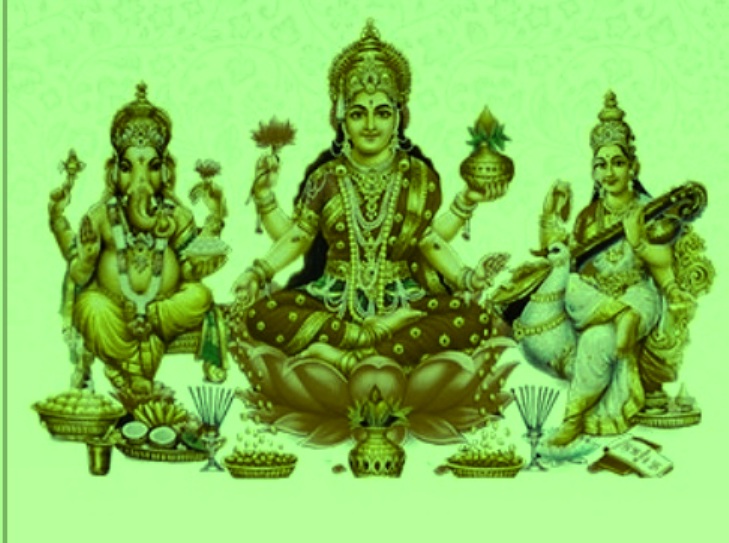
The significance of Diwali varies across different regions and cultures, but it generally represents:
- Victory of Lord Rama: In many parts of India, Diwali commemorates Lord Rama’s return to Ayodhya after defeating the demon king Ravana. The people of Ayodhya celebrated his return by lighting oil lamps (diyas) along the path.
- Worship of Goddess Lakshmi: In other traditions, Diwali is dedicated to Goddess Lakshmi, the goddess of wealth and prosperity. Devotees clean and decorate their homes to invite the goddess into their lives.
- Welcoming Lord Krishna: In some regions, Diwali is associated with Lord Krishna’s victory over the demon Narakasura, symbolizing the triumph of good.
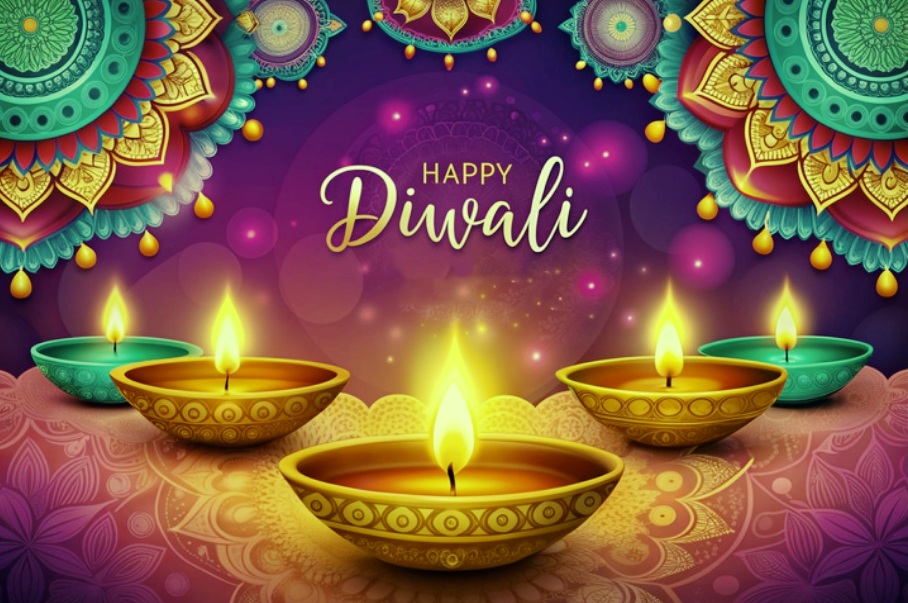
Celebration of Diwali Across Five Days
Diwali is celebrated over five days, each day carrying a unique significance and rituals.
- Dhanteras (Day 1): The festival begins with Dhanteras, which is associated with wealth and prosperity. People purchase gold, silver, and other precious items as a sign of welcoming good fortune into their homes. It’s also common to clean and decorate homes with rangoli and flowers on this day.
- Naraka Chaturdashi or Choti Diwali (Day 2): On this day, people perform rituals to ward off evil. Known as Choti Diwali, it is believed that lighting diyas helps to dispel darkness and negativity.
- Diwali or Lakshmi Puja (Day 3): This is the main day of the festival, where families gather to perform Lakshmi Puja, seeking the goddess’s blessings. Homes are illuminated with oil lamps, candles, and fairy lights. Firecrackers are set off, symbolizing joy and celebration. Families and friends exchange sweets, gifts, and heartfelt wishes.
- Govardhan Puja or Annakut (Day 4): The fourth day is dedicated to Govardhan Puja, which celebrates Lord Krishna lifting the Govardhan Hill to protect his devotees. People prepare a variety of food items and offer them to the deity in gratitude.
- Bhai Dooj (Day 5): The festival concludes with Bhai Dooj, a day that celebrates the bond between brothers and sisters. Sisters perform rituals to pray for the well-being of their brothers, and in return, brothers offer gifts and protection.
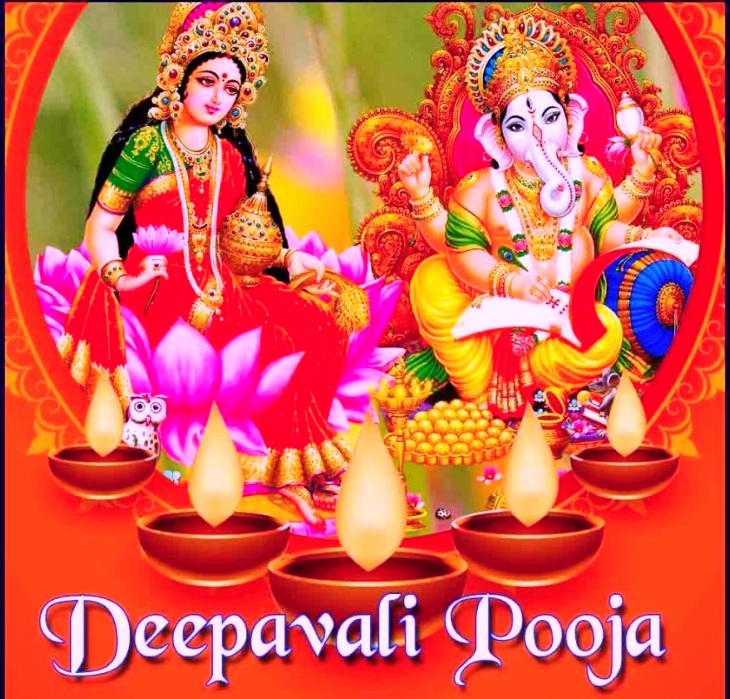
Diwali Preparations and Traditions
Diwali preparations are elaborate and begin weeks in advance. Families clean and renovate their homes, buy new clothes, and decorate with colorful rangolis, flowers, and lights. Here are some common Diwali traditions:
- Lighting Diyas: Lighting oil lamps or diyas is a fundamental tradition during Diwali. These lamps are placed around the house, on balconies, and at doorsteps to guide Goddess Lakshmi to their homes.
- Making Rangoli: Beautiful rangoli designs are drawn at entrances to invite positive energy. Rangolis are created using colored powders, rice, and flowers, and symbolize warmth and hospitality.
- Exchanging Gifts and Sweets: Exchanging gifts with friends and family is a cherished Diwali tradition. Sweets such as laddoos, barfis, and kaju katli are prepared or bought and exchanged as a gesture of goodwill and joy.
- Fireworks: While bursting firecrackers is a traditional part of Diwali, many now prefer eco-friendly celebrations, choosing quieter, environmentally-friendly options to reduce pollution.
- Charity and Giving: Diwali is also a time to give back to society, with many people donating to charities and helping those in need, embracing the festival’s true spirit of spreading happiness.
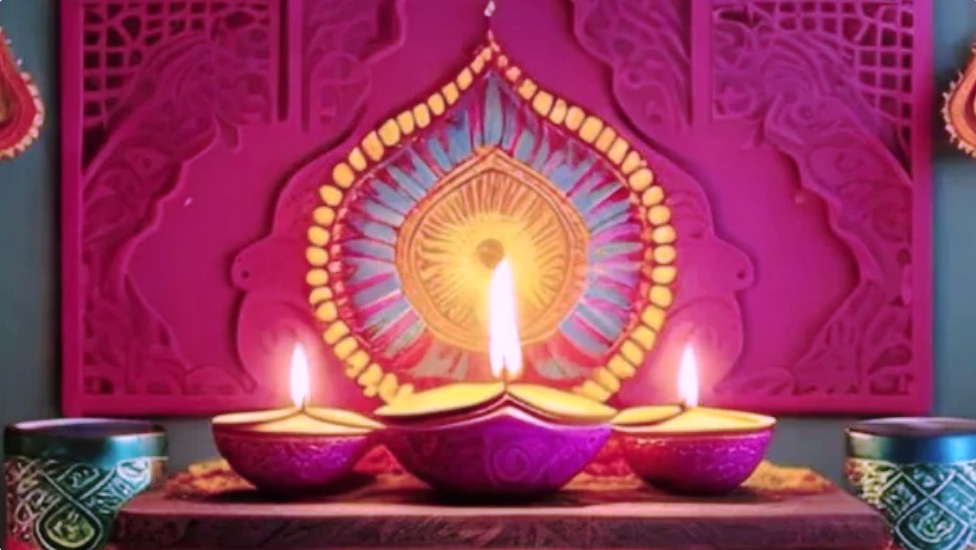
Modern-Day Diwali and Environmental Awareness
In recent years, there has been a growing awareness about the environmental impact of traditional Diwali celebrations, particularly with fireworks. Many people now celebrate an eco-friendly Diwali, choosing to light more diyas instead of firecrackers, opting for LED lights, and reducing waste. Additionally, green firecrackers, which produce less noise and emissions, have become popular in various parts of India, allowing for an enjoyable yet conscious celebration.
Conclusion
Diwali is not just a festival; it’s an expression of Indian culture and spirituality, celebrated with enthusiasm, unity, and devotion. The five days of Diwali bring together people of all ages and backgrounds to celebrate the universal themes of love, hope, and joy. This Diwali, as people come together with family and friends, they will continue to honor these cherished traditions while adapting to the needs of the modern world. May this Festival of Lights bring happiness, peace, and prosperity to all, shining hope into every corner of life.


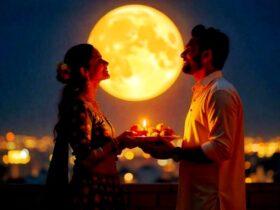

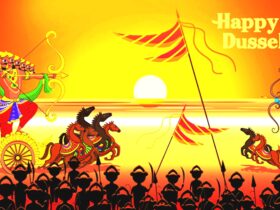

Leave a Reply